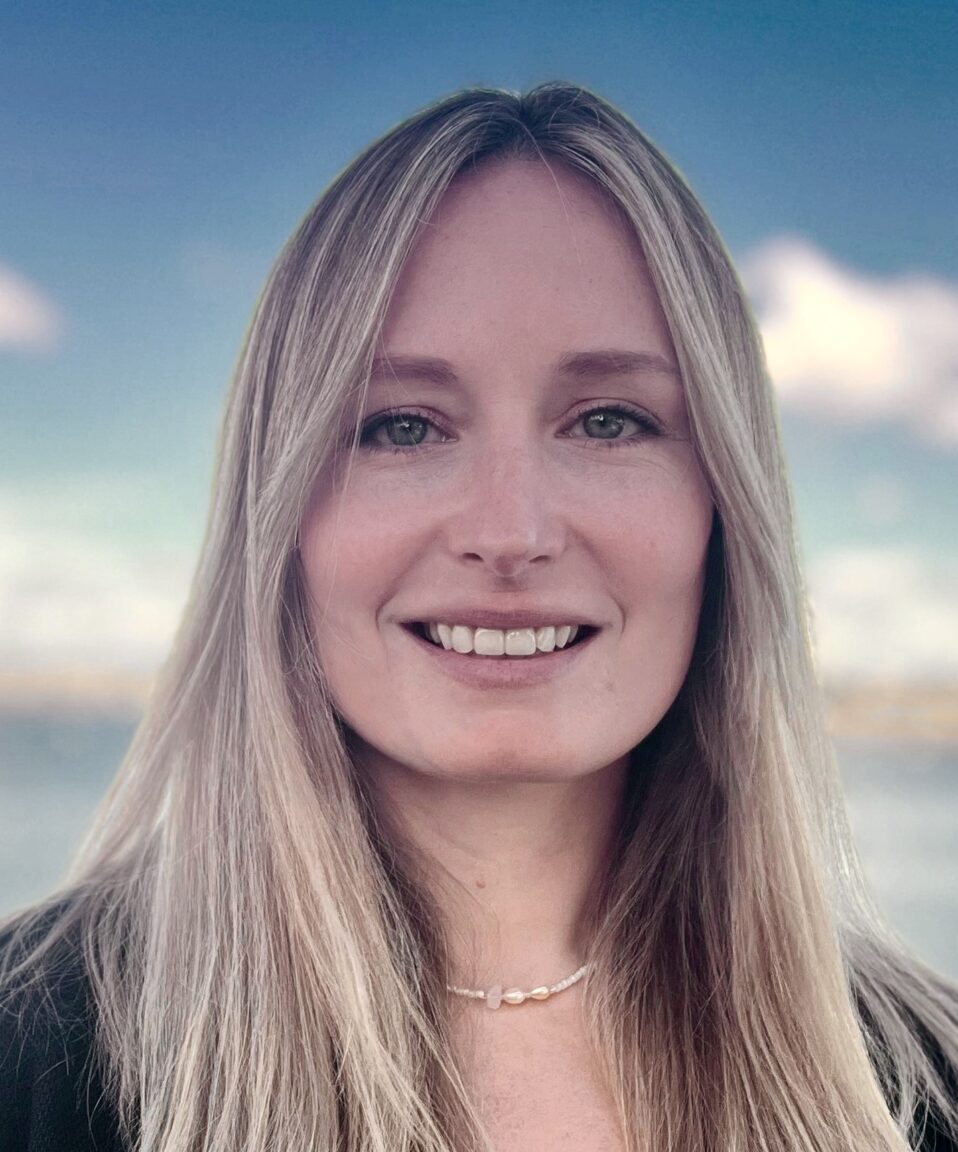Ocean Conservation and Marine Policy Expert Will Lead Institute’s Research
SAN DIEGO (December 6, 2022) – Danielle E. Haulsee, Ph.D., most recently a Research Scientist at Stanford University’s Hopkins Marine Station, has been named Chief Science Officer for Hubbs-SeaWorld Research Institute (HSWRI) and assumes her new role today.
Dr. Haulsee will establish scientific priorities, coordinate support for HSWRI scientists, serve as a liaison to the community and develop communications to help attract further financial support for the nonprofit Institute.
She will oversee all scientific work at HSWRI’s laboratories in San Diego and Carlsbad California, and Brevard County in Florida. Her work will include developing and implementing five-year research plans on a rolling basis. Reporting directly to President/CEO Don Kent, Dr. Haulsee will also interface with HSWRI’s Board of Trustees, scientists, management team members, staff and SeaWorld.
“Danielle’s dedication to ocean conservation research and marine policy grounded in science, along with her exceptional scientific credentials, ensure she will be a powerful addition to our team,” said Kent. “She will elevate the scope, impact and awareness of our important research work.”
Dr. Haulsee earned her B.S. in environmental studies at Gettysburg College in Pennsylvania and her Ph.D. in oceanography from the University of Delaware, where she also completed her initial postdoctoral work. She also did postdoctoral work at Hopkins Marine Station before becoming a Research Scientist there.
Hopkins Marine Station, located in Pacific Grove, CA adjacent to the Monterey Bay Aquarium, is the oldest marine lab on the U.S. Pacific Coast and the second oldest in the nation, after Woods Hole Oceanographic Institution.
“Hubbs-SeaWorld Research Institute is internationally renowned for its marine science work within the ocean conservation sector, but deserves broader recognition, especially as it relates to sustainability and climate change impacts,” noted Dr. Haulsee. “I look forward to raising the Institute’s profile and leading the science team into new and vitally important areas.”
Dr. Haulsee has published several papers and made numerous presentations on topics related to ocean conservation. In addition to advisory presentations and workshops, she has made scientific briefings to members of Congress, communicated scientific topics to local and national media, and served as a manuscript reviewer for 19 publications.
She also recently received the first Hopkins Marine Station Service Award for postdocs, having been judged as exceptionally participatory in HMS community events, supportive in professional development of her peers, proactive in her service and collaborative in her research efforts.
“The Institute’s scientists and trustees feel very fortunate to have Danielle join our team,” added Kent. “Today’s many challenges to our oceans and the growing impacts of human-marine interactions make our work more important than ever, and her leadership will help lift that even further.”
About Hubbs-SeaWorld Research Institute (HSWRI)
HSWRI is a not-for-profit, 501(c)(3) research organization founded in 1963 “to return to the sea some measure of the benefits derived from it.” With a long-standing legacy of pioneering marine science that increases understanding of animals and their ecosystems, it enjoys international renown for its work. Its areas of inquiry are ecology, physiology, bioacoustics and aquaculture. Through science, the application of advanced technologies and the expansion of knowledge, the Institute provides effective solutions to conflicts that arise between human activity and the natural world. HSWRI scientists apply sophisticated technologies to seek the solutions that protect and conserve marine animals while benefiting humans and their reliance on marine resources. Based in San Diego with facilities in Orlando, FL and Carlsbad, CA, HSWRI’s unique contributions are due in part to access to SeaWorld’s extensive marine zoological collection, a close association with local universities and highly respected scientific staff. For more information, visit www.hswri.org.



Recent Comments